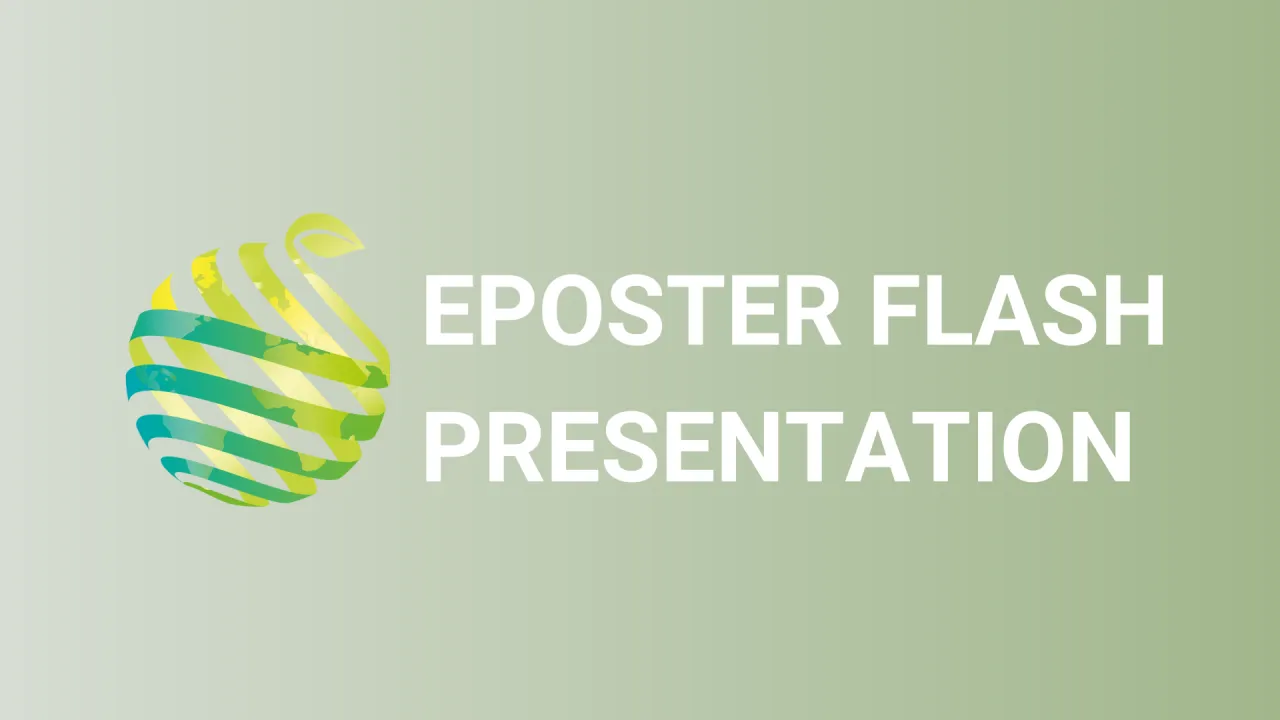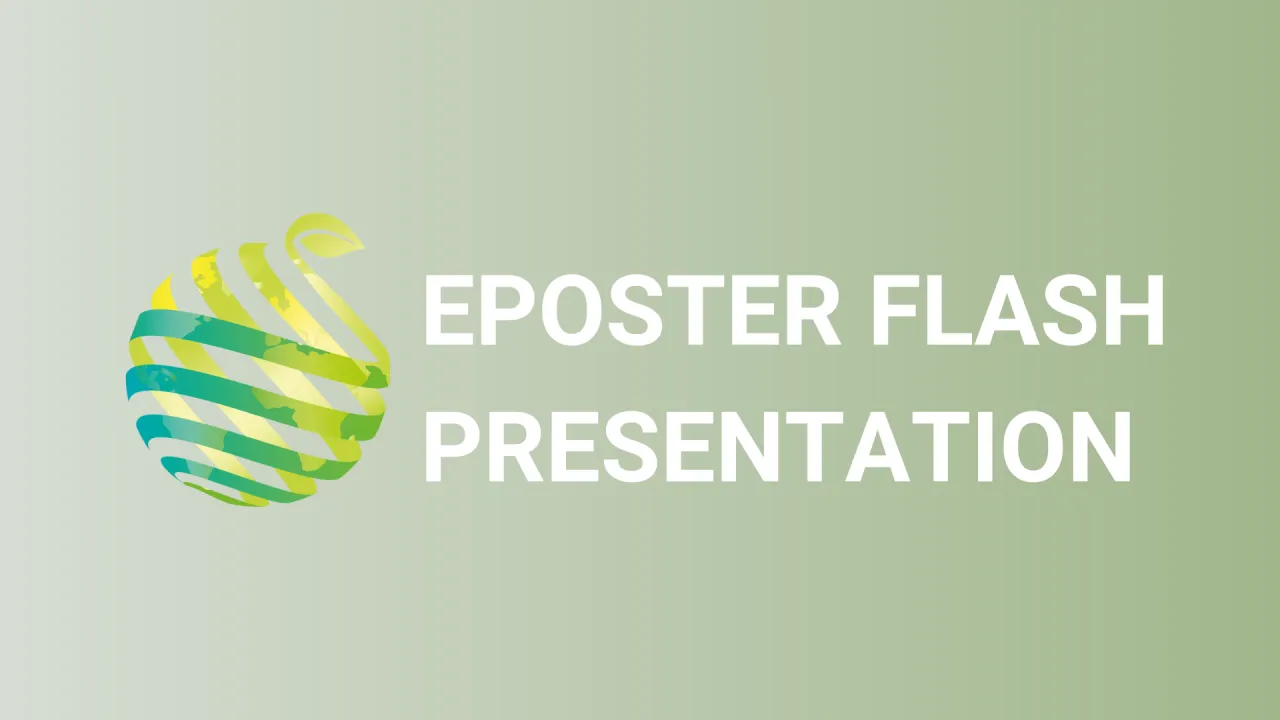

S14 - Session P3 - Autumn control of the rosy apple aphid: a way forward to reduce the use of insecticides
Information
Authors: Anne Duval-Chaboussou *
The rosy apple aphid, Dysaphis plantaginea , is a particularly harmful pest. Its early colonisation capacity, due to low non-limiting temperatures (4.5°C minimum threshold) allows its exponential development in season (from April to June), causes significant damages every year and can impact the sustainability of the orchard. The removal of neonicotinoid insecticides in 2018 in France has severely restricted chemical strategies against the aphid and makes protection strategies more sensitive to the risk of developing resistance. Beyond these technical aspects, societal pressure on the use of synthetic insecticides is increasing. To reduce the use of insecticides during spring time, studies were carried out in the autumn during the reproduction period. Different strategies aimed at avoiding reproduction and egg-laying were evaluated during 3 years: physical barrier (applications of calcined kaolinite), early defoliation and biocontrol insecticides. All of these autumn strategies have significantly limited infestations during spring and reduced the use of synthetic insecticides. Some of these autumnal control strategies are more adapted to early varieties and others to late varieties, and present variable costs. The use of decision support system is essential in a biocontrol management strategy against the rosy apple aphid.